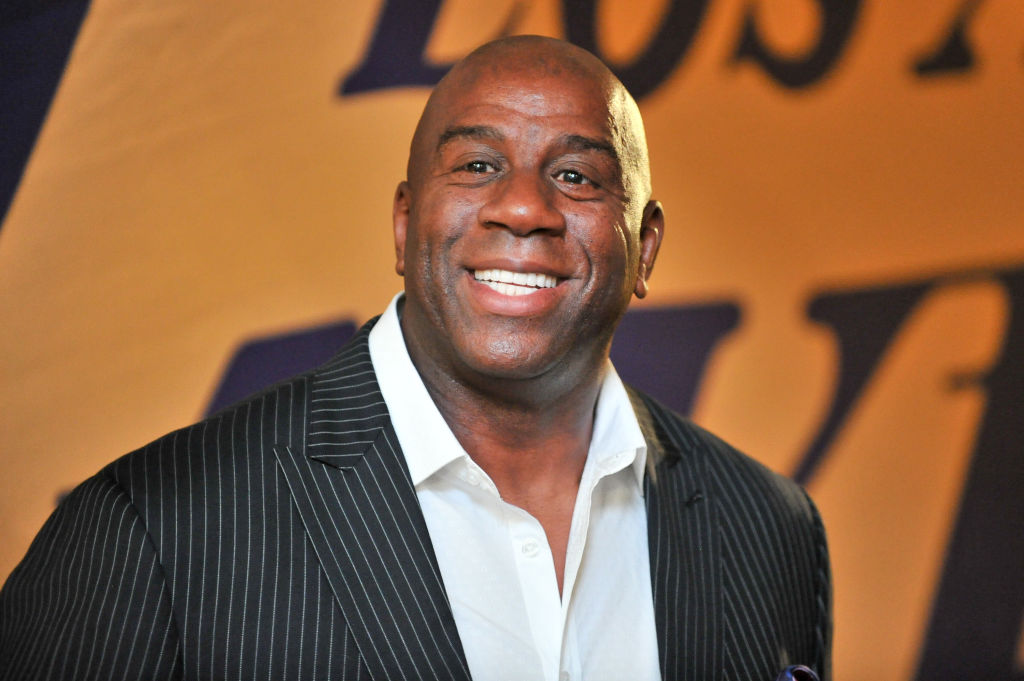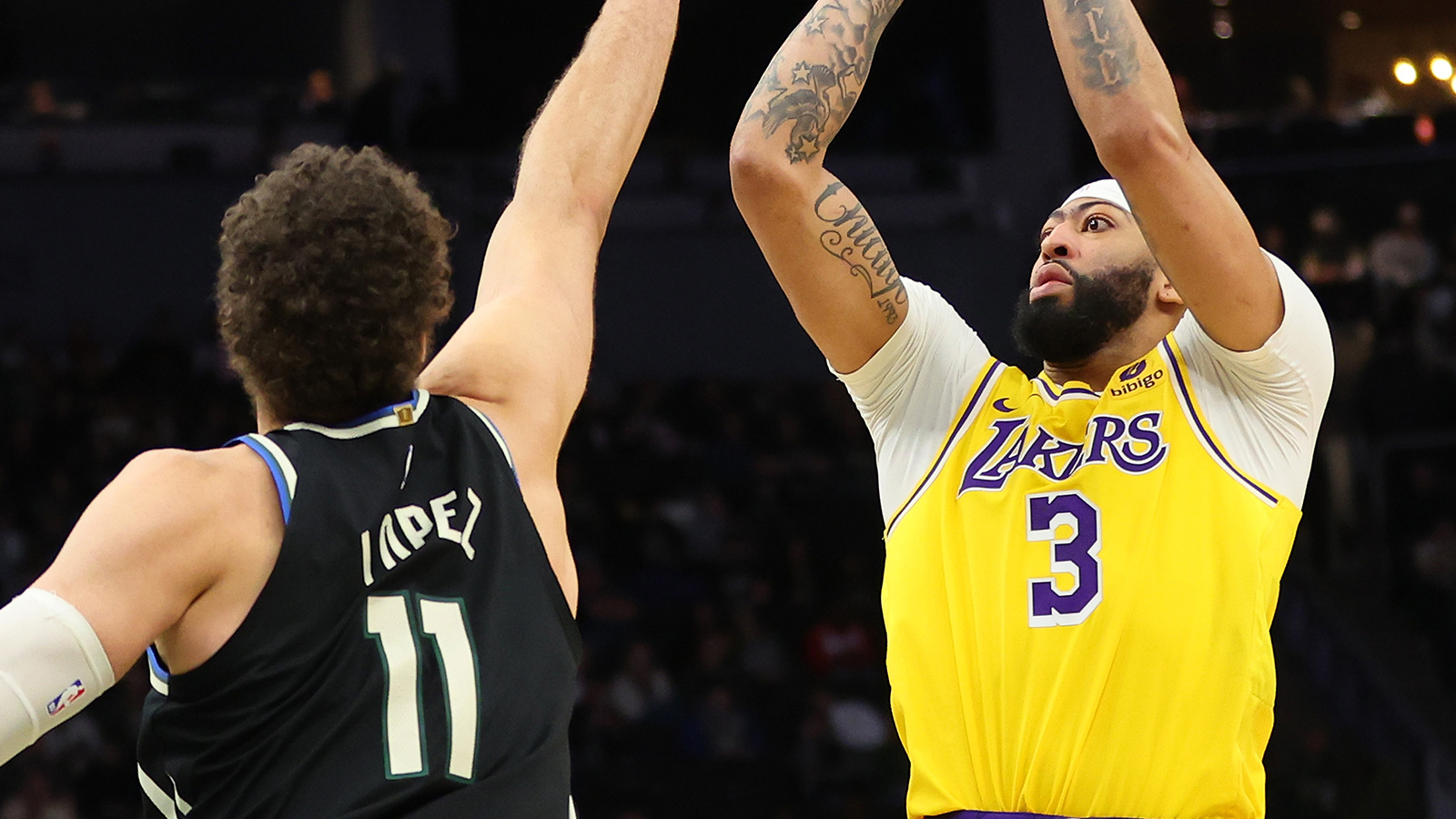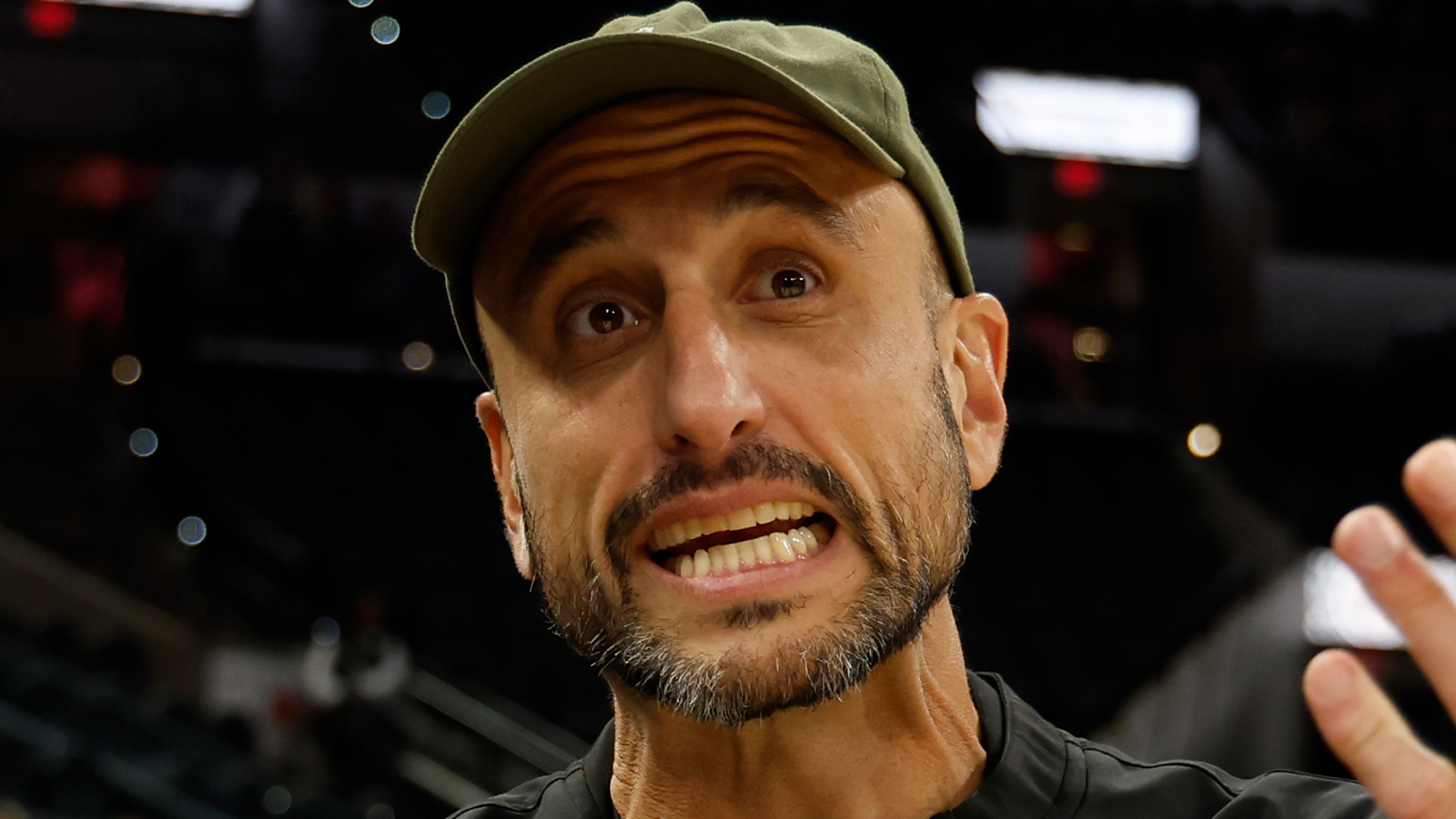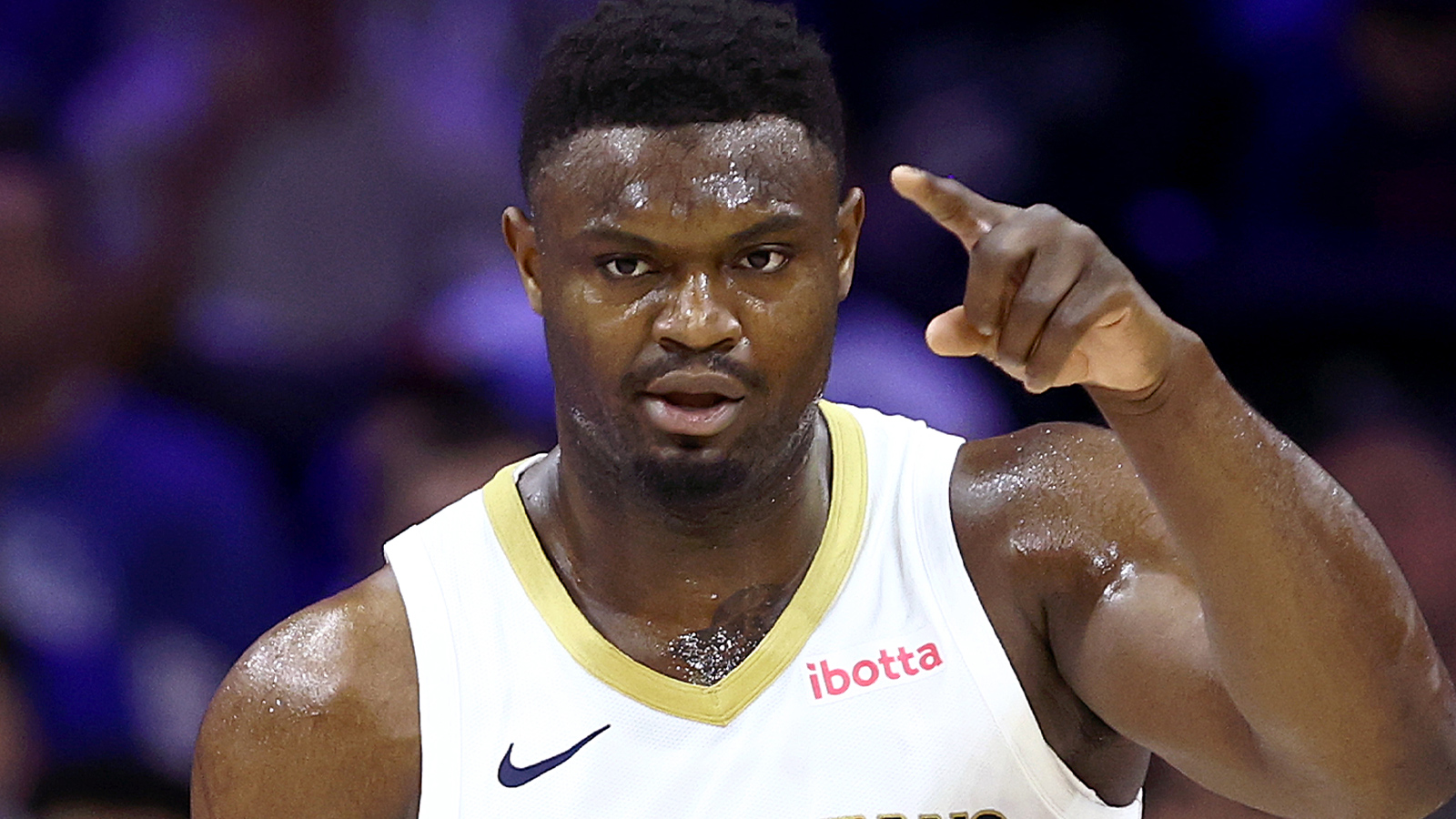
Magic Johnson Says This Was Harder Than Playing Michael Jordan
The current COVID-19 pandemic and the HIV crisis that arose decades ago have little in common from a medical standpoint, but retired NBA great Magic Johnson is drawing interesting parallels over how the illnesses are being perceived and treated.
Magic Johnson explains why he went public in 1991
Magic Johnson’s hastily called news conference in 1991 forever changed the way Americans looked at HIV. Relatively little was known at the time about the virus that causes AIDS, so the basketball star’s announcement changed the conversation significantly.
Johnson, still mentioned alongside the other greats of the game like Michael Jordan and LeBron James, knew he had to explain why he was abruptly retiring at the age of 32. he was just 12 years into a career with the Los Angeles Lakers that changed the way the point-guard position was played in basketball. But Johnson also felt a need to educate at a time when the mere mention of HIV still made many people uncomfortable.
Nearly all the celebrities who had died from AIDS up until that point were white males ranging from pianist Liberace, actor Rock Hudson, and lawyer Roy Cohn to NASCAR driver Tim Richmond.
“When I announced, it was considered a white, gay man’s disease,” Johnson said Thursday during an interview on CNN. “People were wrong. Black people didn’t think they could get HIV and AIDS.”
They were getting it 30 years ago, but the public didn’t fully recognize the severity of the problem until Johnson put a face on it by making his disclosure. The Centers for Disease Control estimated in 2018 that black people represented 42% of new diagnoses for HIV.
Magic Johnson has been treated with protease inhibitors for nearly three decades to keep his HIV in check. There’s still no cure, but there are now numerous drugs available to prevent the onset of AIDS.
Johnson raised that in the interview because the discussion about the current COVID-19 pandemic this week has included data showing that minority populations appear to be hit disproportionately hard in the number of people dying and being treated, and that raises an HIV parallel.
HIV changed the basketball star’s perspective on life
Magic Johnson was asked a few years ago to reflect on the changes in his life since the day in 1991 that he disclosed his illness. Though he had recently married Cookie, his life at that time was still about basketball and not much else.
That changed once he was diagnosed.
“Up until then, I thought the hardest thing I’d ever done was play against Michael Jordan or Larry Bird, but on this day I began the fight of my life,” he said. “This day, I began to realize how God was working in my life. My faith gave me strength to stand up and tell the world that I had contracted Human Immunodeficiency Virus.”
Johnson calls for more aggressive COVID-19 action
The rest of Magic Johnson’s CNN interview focused on the COVID-19 pandemic, with the Naismith Hall of Fame inductee directing a message to minority communities to take the recent statistics for deaths and diagnoses to heart:
“We have to do a better job as African Americans to follow social distancing, stay at home and make sure we educate our loved ones and our family members and do what we’re supposed to do to keep safe and healthy. … So many of us are uninsured. That also creates a problem, too. Just like it did with HIV and AIDS.”
Johnson issued a plea for more access to testing for all Americans and expressed frustration over the number of deaths already recorded. “Here we are, the biggest and strongest country in the world, and we should be having drugs that can help people through this virus,” he said.



